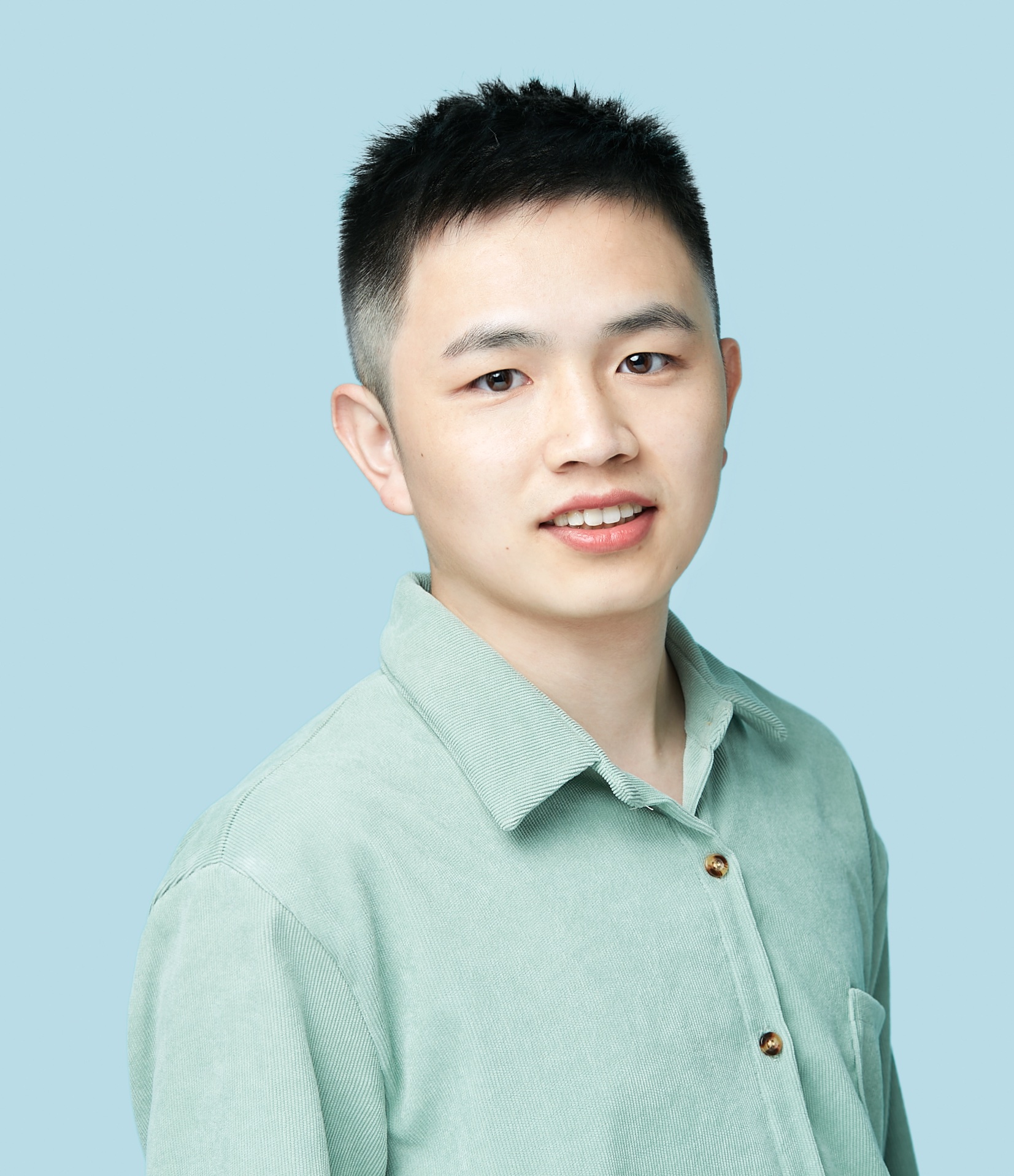Dr. Hongri (Richard) Gu is currently an Assistant Professor in the Division of Integrative Systems and Design (ISD) at The Hong Kong University of Science and Technology (HKUST). He received his Bachelor’s degree in Mechatronics Engineering from Zhejiang University in 2014, during which he also participated in the Young Scientist Exchange Program (YSEP) at Tokyo Institute of Technology from 2012 to 2014. In 2016, he completed his Master’s degree in Micro and Nanosystems at ETH Zurich. From 2017 to 2021, Dr. Gu conducted his doctoral research at the Multi-Scale Robotics Lab, ETH Zurich, under the supervision of Prof. Bradley Nelson. During his Ph.D., he served as an editorial assistant for Science Robotics and the Annual Review of Control, Robotics, and Autonomous Systems, managing submissions in microrobotics, medical robotics, and soft robotics. From 2022 to 2024, he pursued postdoctoral research in the Department of Physics at the University of Konstanz in Germany.
Dr. Gu’s research focuses on developing structured magnetic materials and robotic systems for future disruptive medical technologies, with an emphasis on understanding multi-scale physiological transport and inventing novel medical devices and surgical tools.

Structured magnetic materials
Medical robotics
